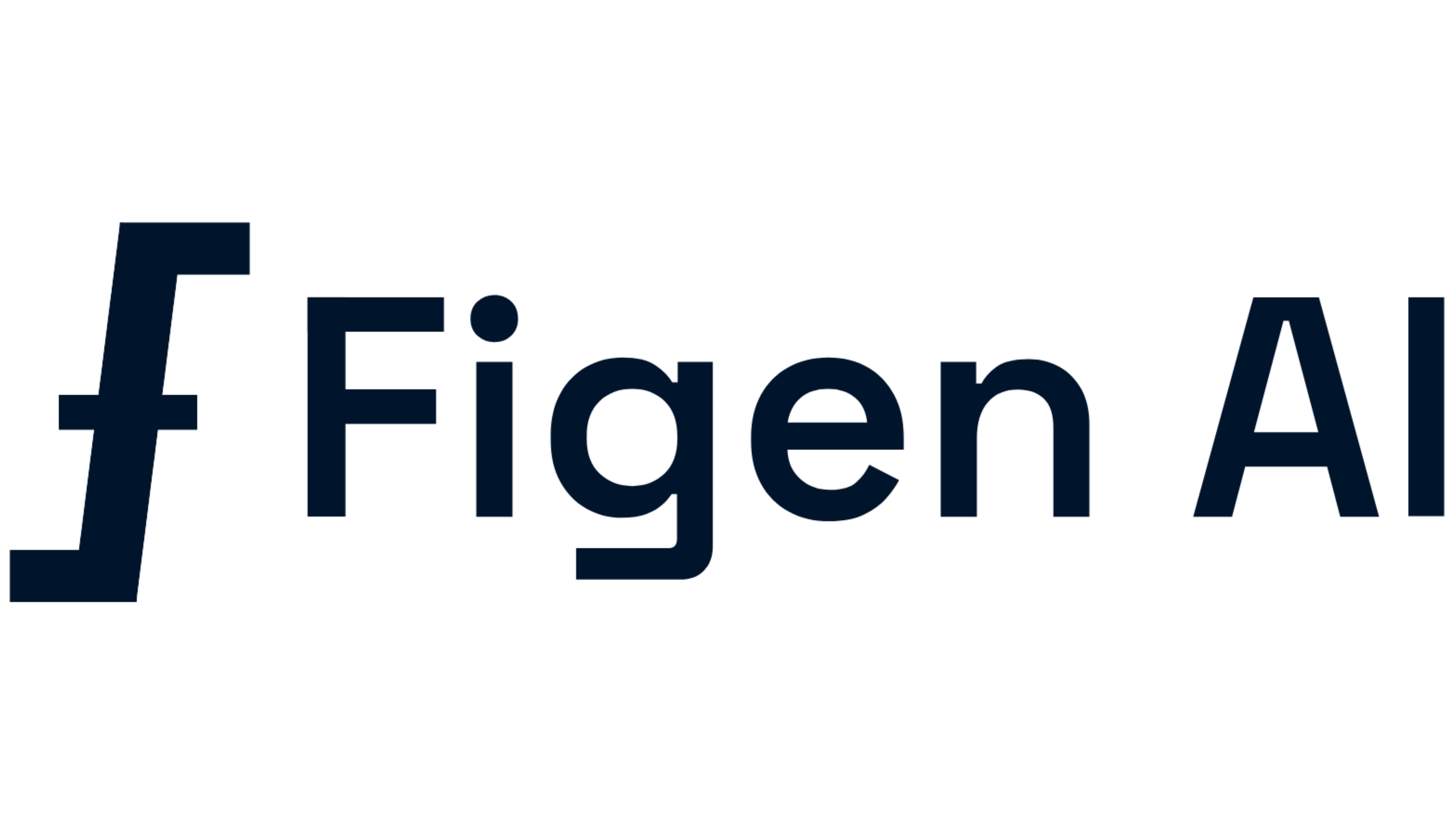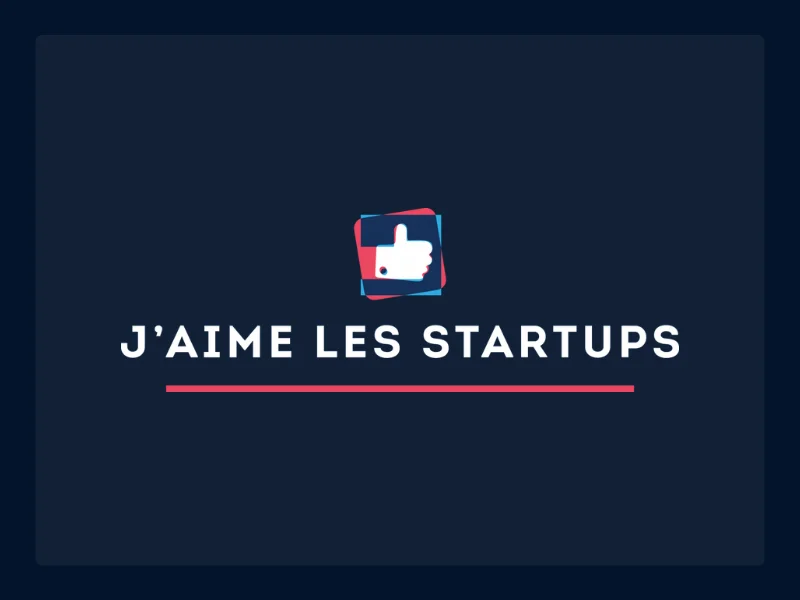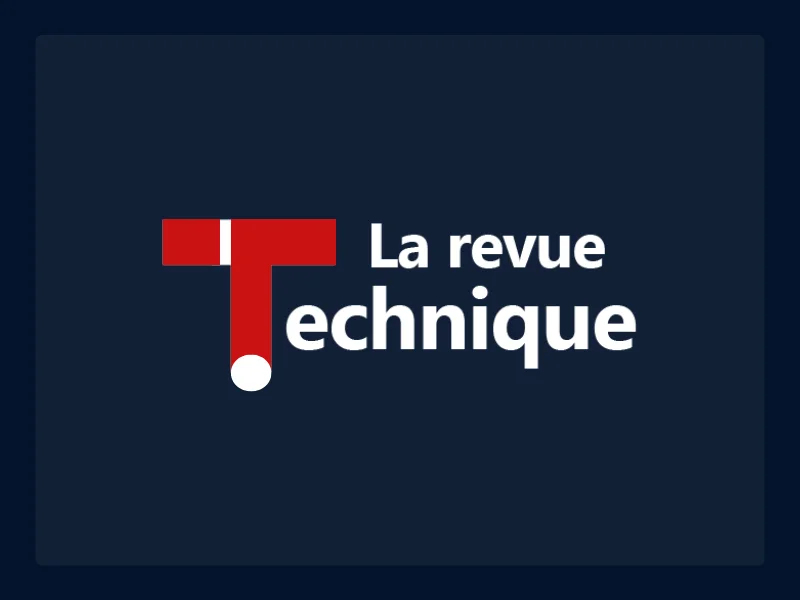Vincent Aurez wants to bring wealth management professionals into the age of artificial intelligence (AI). The former associate director of innovation and sustainable development at Novaxia has launched Figen AI, a company developing AI assistants for wealth and finance professionals (financial advisors, multi-family offices, and accountants). The marketing of the first models began in early January, with about a hundred firms already registered.
Making AI Forgettable
The platform acts as an augmented assistant. Technically, it is a finance and wealth-specialized AI agent capable of mobilizing various data sources, solving complex issues (tax, regulatory, wealth strategies), and adapting to each client, the company details.
The tool relies on a database of over 15,000 analyzed and contextualized pages from varied sources such as the Monetary and Financial Code, the Civil Code, finance bill drafts, the Bofip, and even case law. In addition to regulatory monitoring, it ensures current events tracking. The model does not evolve on its own, but its database is updated weekly by the Figen AI teams. "You should see the tool as an intern: it finds the right information by studying multiple sources to present it simply to the client," says Vincent Aurez, who clarifies that client data is not used to train the model.
Advisors will thus be able to query Figen AI on specific questions regarding their clients' wealth and receive personalized responses in the form of texts, diagrams, and even financial simulations. "Our goal is to make people forget about artificial intelligence through a user-friendly tool and free wealth and finance professionals from their repetitive tasks," emphasizes Vincent Aurez.
While the user interface is accessible, the backend is more technical, resulting from four months of work involving about fifteen people. Figen AI is a multi-agent system, with modules capable of breaking down a complex objective (like establishing a wealth transfer strategy) into several subtasks (tax analysis, regulatory verification, optimization simulation, etc.). Each agent can have a specific action (e.g., generating diagrams). Figen AI can mobilize up to a dozen agents to respond to user requests, some of which were created by Vincent Aurez's teams.
Depending on the complexity of the questions, response times range from 10 seconds to 1 minute and 20 seconds. The currently marketed version will continue to evolve based on client feedback. Tests on conducting a wealth audit by AI are currently underway, for example.
"Cleaning Up Interactions" with Partners
In addition to this platform format, Figen AI can also be deployed in a customized way within company extranets. By connecting the tool to their own databases (internal processes, due diligence, etc.), companies will benefit from an AI "trained" on specific cases and products.
One of these applications is a conversational agent, a type of "chatbot," for interacting with partners. "The goal is to clean up interactions and save time," says Vincent Aurez, who assures that this conversational module is "far more developed than those commonly used by commercial companies to interact with clients."
A group of wealth management professionals has already signed on, and several companies are in discussions, including a life insurer, a private banking network, and two asset management firms.
Mission-Driven Technology
Although it is unique in the market, Figen AI is currently focused on accessibility. The subscription for its generalist offer is priced at just under 200 euros per month, with discounts for new clients referred by others and a special offer for students and young firms under a year old. All this is without commitment. "We want to show that AI is a revolution and bring as many people on board as possible. The new generation of models is already here and usable at this price," explains Vincent Aurez. He adds that inference costs (connection and use of existing AI models) have been decreasing for the past two years while technology continues to advance.
To embark on this adventure, he partnered with Maxime Perdu (co-founder of Money Walkie, electronic wallets for children) and Nicolas Paulus (co-founder of the web agency Antadis). "What brought us together is the desire to put this technology to the service of everyone, making it something useful. It is also the wish to use AI with awareness of ethical issues and its environmental impact. We wanted to integrate data sources concerning sustainable finance from the very beginning," emphasizes Vincent Aurez. In this logic, Figen AI has become a mission-driven company. It sets three objectives: democratizing access to quality financial advice, making sustainable and solidarity finance more accessible, and reducing the environmental footprint of AI infrastructures. It has also formed a partnership with a recognized public utility association (its name has not yet been disclosed).
The initial steps of Figen AI have been financed solely through self-funding. The company has not disclosed a specific amount, but its development is estimated to be in the hundreds of thousands of euros. A month after launching their tool, the management





